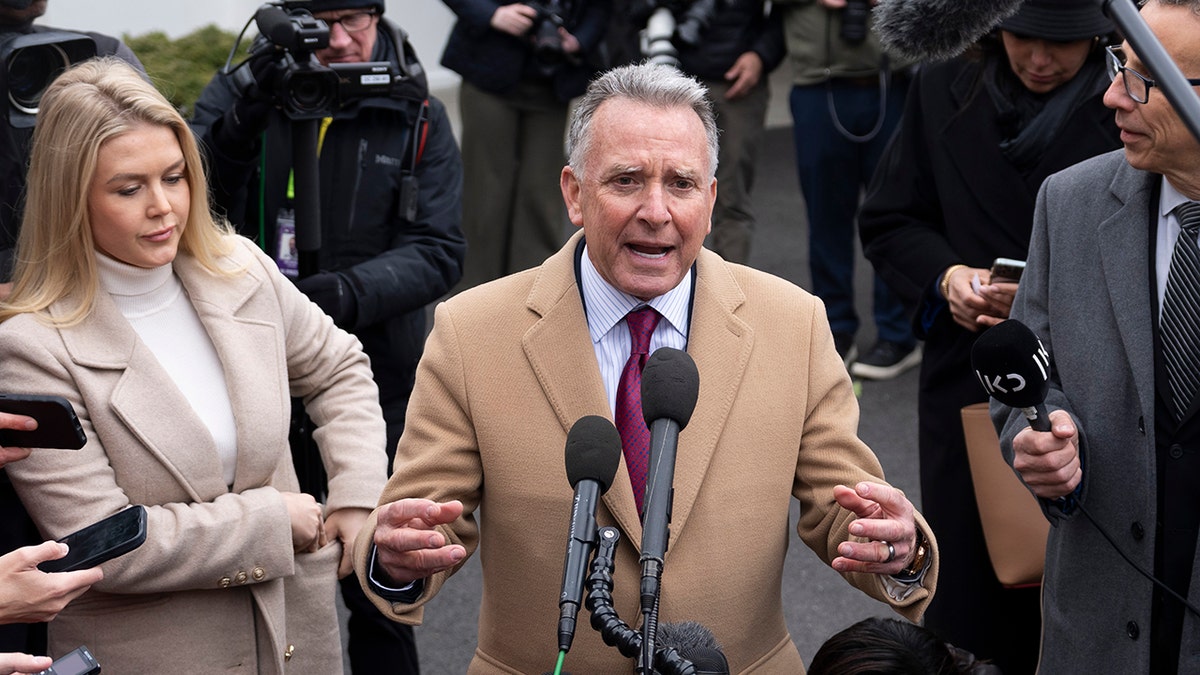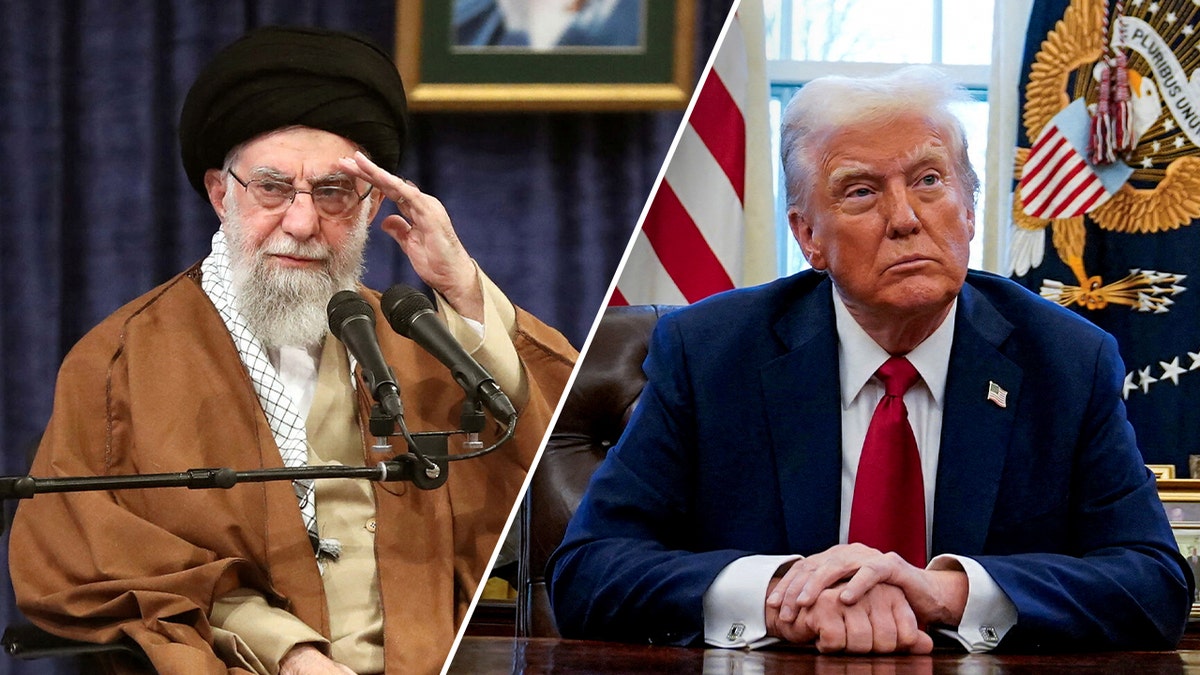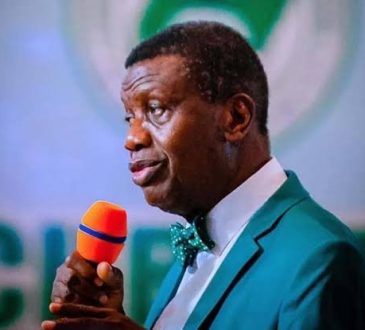
In a stunning diplomatic breakthrough, American and Iranian officials held their first direct talks in years this past Saturday in Oman—an unmistakable sign that President Donald J. Trump’s return to office has reignited U.S. leverage on the global stage. The meeting, led by U.S. Special Envoy Steven Witkoff and Iranian Foreign Minister Abbas Araghchi, was described by the White House as “very positive and constructive.” But make no mistake: this wasn’t a product of polite persuasion—it was Trump’s signature mix of pressure, precision, and power that brought Iran to the table. With stealth bombers, two U.S. carriers, and iron-clad rhetoric, Trump made it clear: America is back in charge, and the days of appeasement are over.

Since Trump’s withdrawal from the weak 2015 nuclear deal, Iran ramped up its uranium enrichment to dangerously high levels. But now, with military assets forward-deployed and Israel quietly degrading Iranian defenses, Tehran is realizing the high cost of defiance. Experts like Gen. Jack Keane and Rebecca Grant confirm what Iran’s leadership now fears: Trump isn’t bluffing. The administration’s message, delivered in person by Witkoff, was simple and firm—resolve differences diplomatically if possible, but face devastating consequences if not. And it’s working. Iran, for the first time in years, is engaging seriously—not out of goodwill, but because Trump has forced their hand.

This renewed stance marks a dramatic shift in U.S. foreign policy. Under Trump, strength is the foundation of peace—not the other way around. No backroom deals. No ransom payments. Just unshakable American leadership. The world is witnessing the return of a presidency that demands accountability, respects sovereignty, and refuses to let rogue nations dictate the pace. As Iran prepares for a second round of talks on April 19, one thing is clear: President Trump has reestablished the United States as a power that cannot be ignored, and diplomacy has found new life through the engine of American strength.




